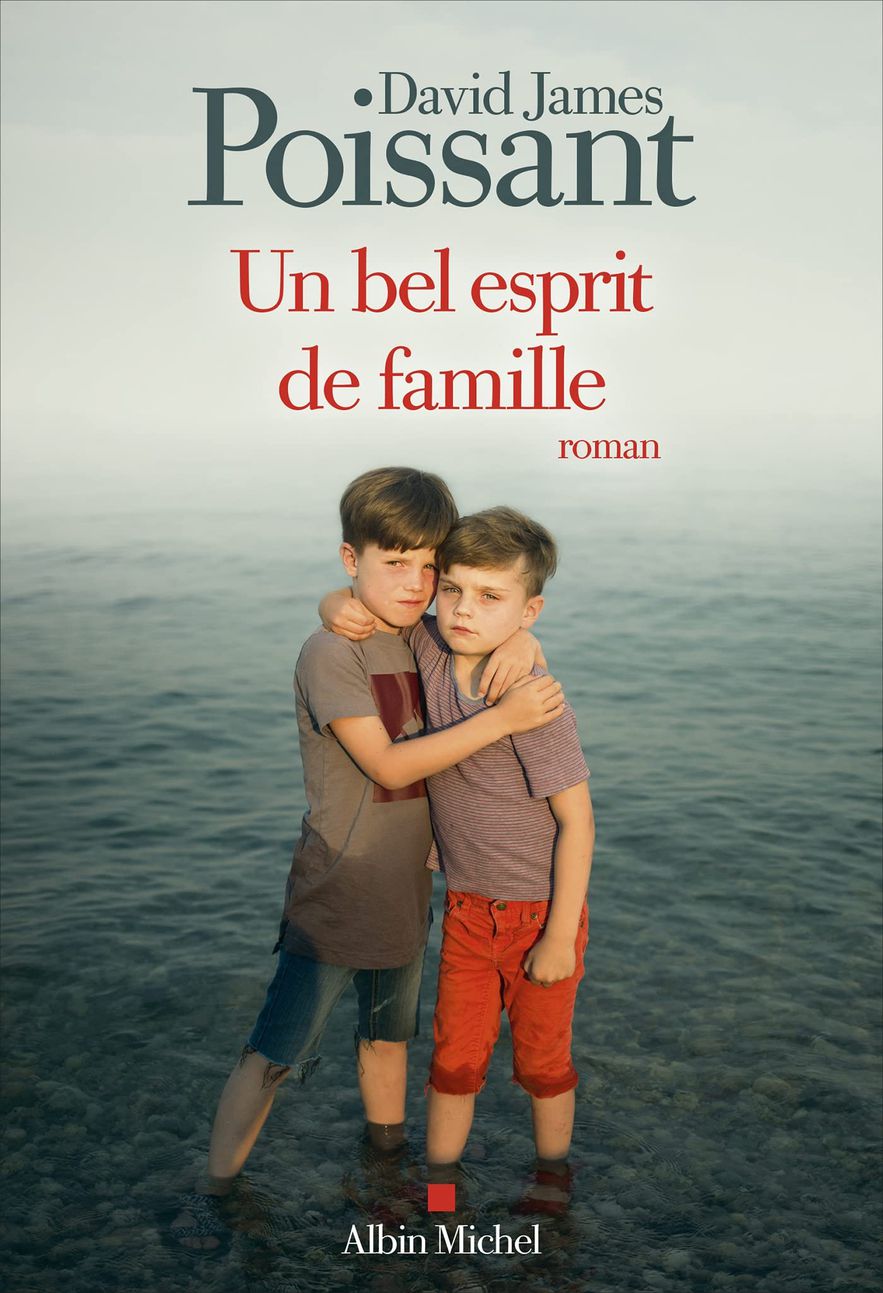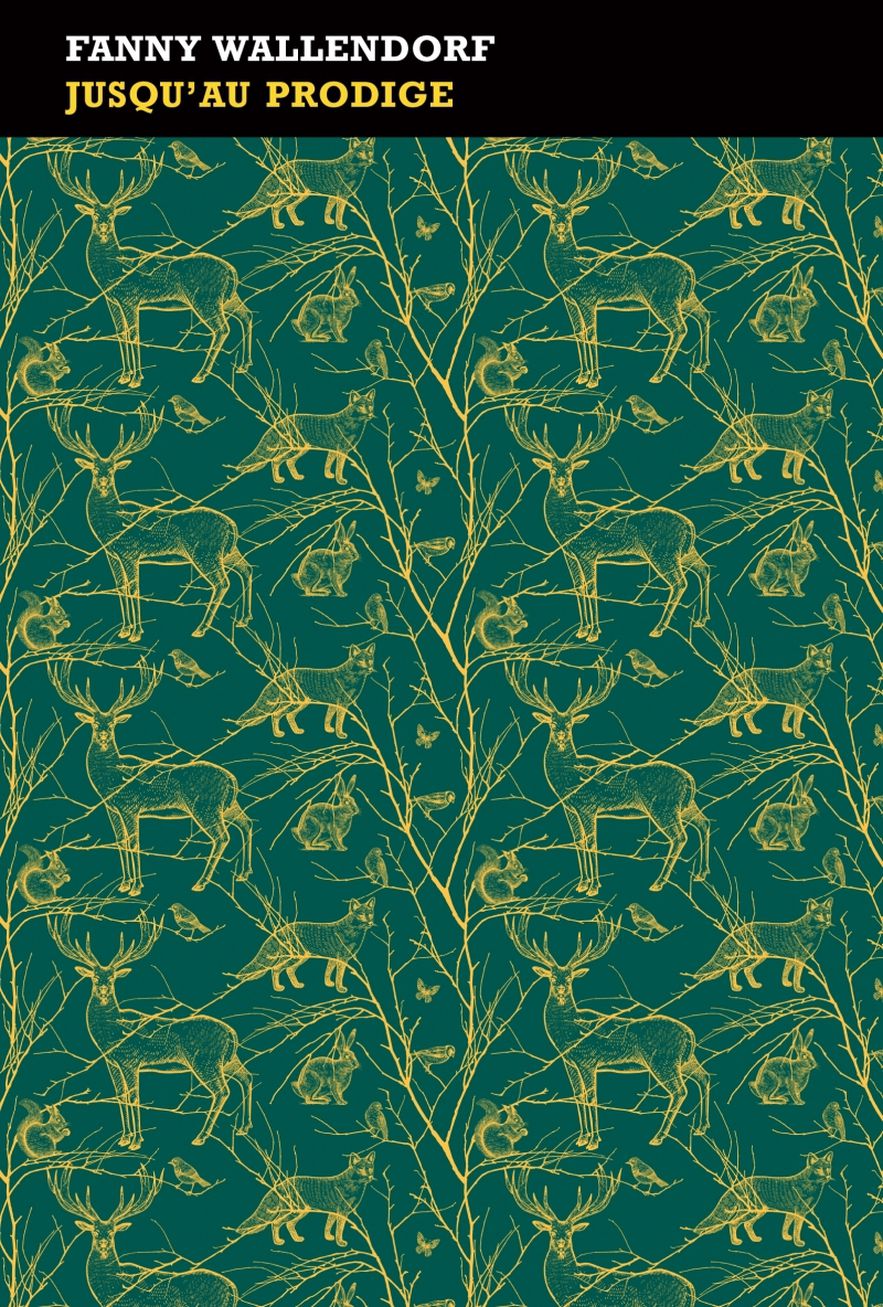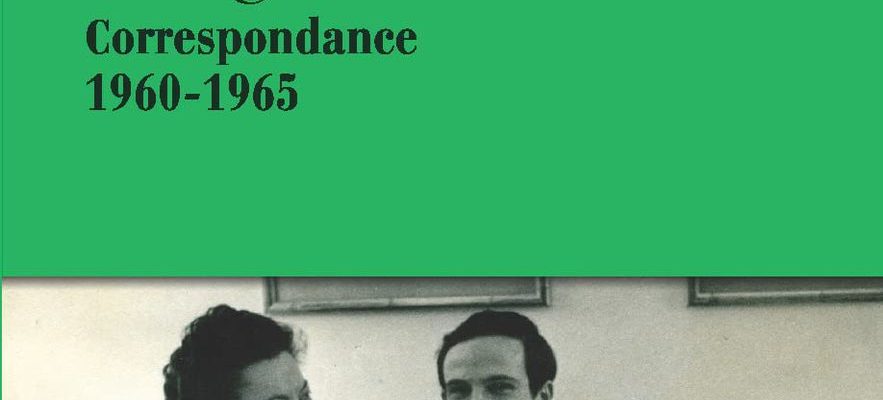“My little Truffle, my big Scottie”. Correspondence 1960-1965
By Francois Truffaut and Helen Scott.
Denoel, 464 p., €24.
The rating of L’Express: 4/5
“MY LITTLE TRUFFLE, MY BIG SCOTTIE”. CORRESPONDENCE 1960-1965 BY FRANÇOIS TRUFFAUT AND HELEN SCOTT.
© / OF CHRISTMAS
As moved as he was fidgeting, Truffaut landed in New York in 1960 to promote four hundred blows. The United States is not only a market for new wave filmmakers, it is the promised land that brought the John Fords and Howard Hawks they revere. Revolutionaries at home, they love the classics from there. At the airport, Helen Scott, from the French Film Office, is waiting for her. Immediate complicity: the publicist will become his aunt in America, the confidante of the hopes and passions he nourishes there. Serge Toubiana, to whom we already owe a biography of Scott (The American FriendStock, 2020), chose to edit the first five years of their correspondence, i.e. until the preparation of Fahrenheit 451.
We never get bored with earthy lady : in love with her little Frenchman, she continues to pursue him without hope except that of laughing at him (and first of all at herself: badly done, failed, she says). Written in remarkable French, his missives retain an all-American freedom, an effrontery that hides under ingenuity: “Apart from peeing, the only pleasure I have in life is writing to you.” To his overflowing, almost maternal love, Truffaut responds as a young man in a hurry, stressed, but just as demanding. If she writes five letters when he writes one, if she grows impatient and goes from the tender “Mon François” to the ironic “Dear Sir” or “Milord”, he knows how to be forgiven and, above all, to use wisely his matchmaker in a country whose language he does not speak. The portraits that the two friends draw of the small world of cinema are tasty; their intimate, moving confessions; but it is first business which makes their exchange so instructive, unique. We grasp Truffaut’s work in the making, never won, always on the verge of crisis (financial, artistic); echoing the timid first steps across the Atlantic by Godard, Malle, Resnais… Despite some critical successes, the new wave was poorly received there: too talkative, too schoolboy or Parisian.
These letters are the antidote to the anachronisms that shine today the beautiful coherence of the work unfolded from the only genius: here, we talk about money, missed appointments, aborted projects… Cherry on the cheesecake: we follow the elaboration of Truffaut’s great book on Hitchcock. Scott will indeed be the interpreter of the interview-river made in Hollywood between the master of suspense and his admirer, which comes with 500 questions. This crossing of Truffaut-Scott, Hitchcock-new wave, France-United States looks is exciting, hectic, almost Jamesian. We regret a few distracted footnotes, but it doesn’t matter: Scott’s verve, her outspokenness make her a cinema heroine, whose sincere altruism is the mirror of her disappointments and her fragilities. Philippe Chevallier
A beautiful family spirit
By David James Poissant, trans. from English by Stéphane Roques.
Albin Michel, 384 P., €22.90
The rating of L’Express: 4/5

A BEAUTIFUL FAMILY SPIRIT BY DAVID JAMES POISSANT, TRAD. FROM ENGLISH BY STÉPHANE ROQUES
© / ALBIN MICHEL
The Starlings decided to put up for sale the house by the lake where they spent all their summers, they did not tell their two sons, simply offered to spend a few days there with their spouses. But when they meet there for the last time, a tragic accident occurs. A first explosion which will cause many others during this summer weekend in the form of a farewell to childhood. In this first novel, the novelist David James Poissant explores with infinite tenderness the ties that unite parents, children and spouses and scratches without complacency at the unspoken and the conflicts that keep them apart. It’s about the child we want or not, escapes in alcohol, sex or drugs, dreams realized and dreams forgotten, wounds inflicted sometimes by selfishness or negligence, but also the infinite family love that protects against the most serious abuses.
In a language of the story, in the present of narration, the author hits the nail on the head by working on the detail that says much more than long speeches. Like these comics Americans that a mother will buy after having thrown them away, her son is not fooled, but the gesture touches him infinitely; this bath which, suddenly, triggers confidences around secrets that have been hidden for decades. So many small pebbles forming “this beautiful family spirit” which gives its title to the book in French. The English version lake life says this world very well apart from summer vacations where our bittersweet memories with our loved ones are sedimented. Agnes Laurent
Until the miracle
By Fanny Wallendorf.
Finitude, 104 p., €14.50.
The rating of L’Express: 3/5

UNTIL THE PRODIGY BY FANNY WALLENDORF
© / HARMONIA MUNDI BOOK
We hold our breath. Thérèse runs in the mountains, sneaks into the forest, crosses all the dangers. We are in June 1944, and the teenager is fleeing the Hunter, the cruel collector of rare specimens, who has sequestered her on his farm when she thought she would find refuge there. She left to join her big brother, Jean, a maquisard in the Vercors massif. She learned the path by heart, the “leafy forest”, the “contiguous wood”, the “Plateau de Lossol”… For three days and three nights, she became one with nature. Here, it is man – the hunter, the German soldiers – who are much more poisonous than wild animals, who embody evil. With this tale as exhilarating as it is oppressive, translator Fanny Wallendorf, author of a remarkable first novel inspired by the life of Dick Fosbury (The call2019), adds a nice stone to the genre of “nature writing”. Marianne Payot
